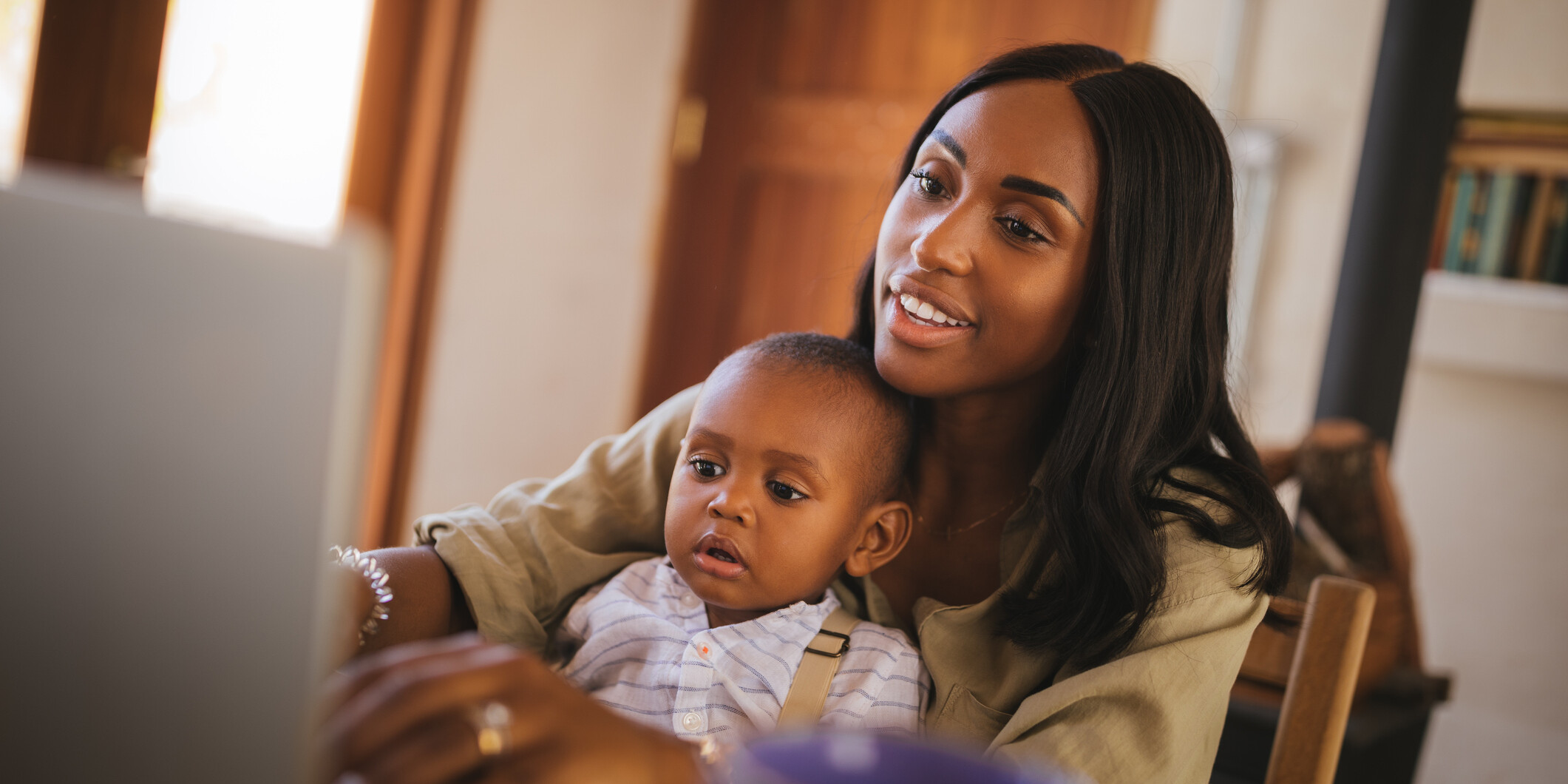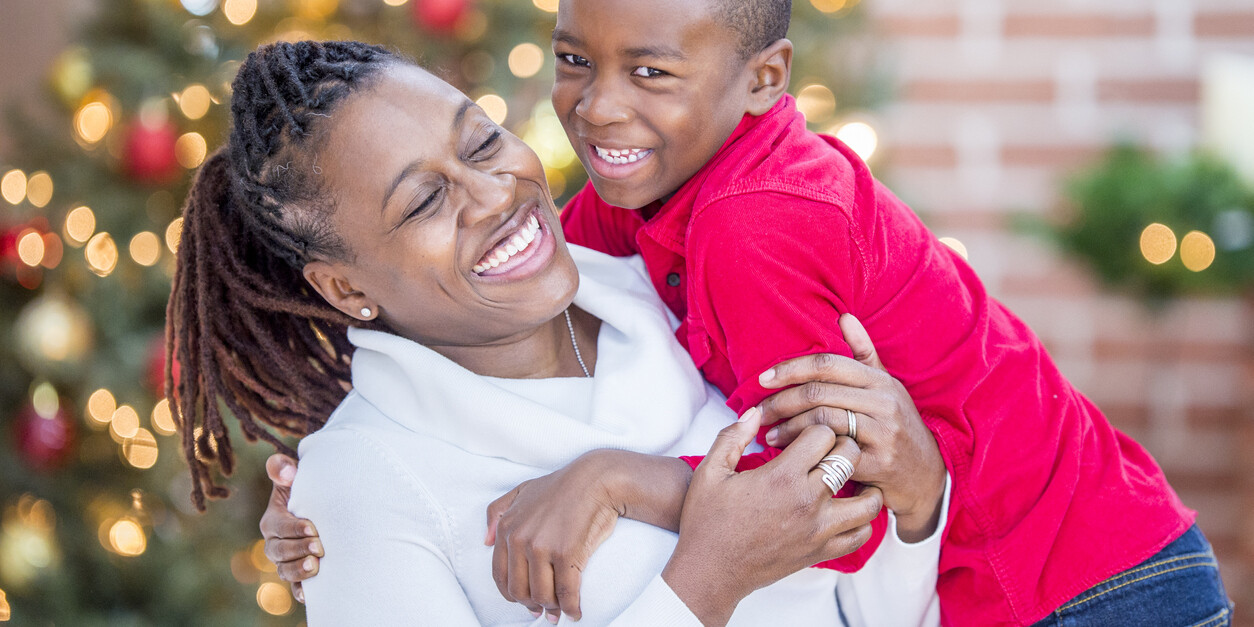Trauma Is Not A Trend. Why It Is Important To Help Your Children Differentiate Between Everyday Stressors And Actual Traumatic Events
Recently, my oldest son informed me about a fight he witnessed among friends and stated, “It was so traumatizing.” Before correcting him, I asked what that meant. He couldn’t accurately explain, as most 12-year-olds would have difficulty doing. To acknowledge his distress, I asked him how he felt about what happened with his friends. I agreed that I would have been upset too, and maybe even uncomfortable in the situation he described. But neither of us would be traumatized.
As a therapist, and one of my specialties is working with individuals who have experienced trauma. My training included extensive work on how to treat trauma and how to understand the diverse, complicated components of it.
I explained to my son how trauma is something that happens that can make it hard for someone to cope and that it can have lasting effects on their mental and emotional well-being. I gave him examples of how sometimes a movie that brings up emotions, a difficult test, or even seeing friends fight can cause us to be upset but not traumatized. Then I explained that we should be careful when using that word.
What Exactly is Trauma?
Have you ever questioned how something rarely discussed previously can suddenly be trending? Our society has begun to use the word trauma as if it can relate to anything.
“The store was out of toilet paper, and it was so traumatic.”
“I was so traumatized when the teacher embarrassed me in front of the whole class.”
“We lost the basketball game during the last 60 seconds; it was so traumatic.”
While these are all challenging or distressing occurrences, they are not, by definition, traumatic. Not everything is a trauma, and this overuse of the word can reduce the very real meaning that deserves to be respected.
The DSM-5 (Diagnostic and Statistical Manual of Mental Disorders, 5th edition) defines trauma as exposure to actual or threatened death, serious injury, or sexual violence. As a trauma therapist, I am comfortable acknowledging that the meaning of the word “trauma” is ever-evolving. And I understand the framework provided in the DSM-5 is not a comprehensive guide for identifying the full range of experiences and responses associated with trauma. However, the definition does help to identify those who may be at risk for developing trauma-related disorders.
 Trauma Is Not A Trend – A Look at Social Media
Trauma Is Not A Trend – A Look at Social Media
I have a terrible time keeping up with social media and the latest trends. By the time I find something, the online world has moved on to the next big thing. However, I do know that social media has made a big difference in opening conversations about mental health. Seeking help for mental health issues is no longer so stigmatized. I am glad people are talking more about what trauma looks like. It’s more common than most are aware of, especially in children.
It is important to approach discussions about trauma with sensitivity and compassion, which isn’t always possible. In the world of #traumatok and #traumadumping, trauma responses are often trivialized. This makes it easy to dismiss as passing crazes. “Trauma trending,” or the casual use of the word can be harmful to some people struggling with coping with their trauma.
Overall, the trending use of the word trauma does reflect a growing recognition of the importance of mental health and well-being. And a desire for more awareness and effective support for individuals in crisis. But trauma should not be treated like a trend. People coping with trauma deserve attention and understanding and the opportunity for proper support and healing.
The growing movement to destigmatize mental health issues is incredible until it becomes harmful, with real mental health issues and adverse experiences becoming trivialized.
Trauma Is Not A Trend: Helping Your Children Understand Trauma vs. Stress
Helping your children understand that not everything is trauma can be challenging. It’s vital for a child’s emotional and psychological development that they know the difference between a distressing experience and an actual traumatic event.
Some strategies that you can use when discussing trauma is not a trend and trauma vs stress:
- Talk to your child about the difference between stress and trauma. Children have different levels of understanding based on their age and development, but make sure they understand that stress is a normal part of life and can help us grow and learn, while trauma is a more severe and distressing experience that can require additional support and care.
- Model healthy coping strategies. When you are dealing with a stressful situation, try taking deep breaths, using positive self-talk (out loud), and engaging in relaxing activities. Your children are learning from your behaviors.
- Help your child to identify their emotions. Many children struggle to identify and express their emotions, which can lead to them feeling overwhelmed by even minor stressors. Teach them to name their emotions. This can help them to differentiate between everyday stressors and true traumas by the words they use.
- Encourage positive thinking. You can help your child to reframe their thoughts about stressful situations by focusing on the positive aspects of the experience. This can help children to see that they are capable of handling minor stressors on their own.
- Normalize asking for help. If your child is experiencing significant emotional or psychological distress, it may be necessary to seek the support of a mental health professional. You will have been teaching them the difference, and this is where that recognition will become an important factor. A therapist can help children develop healthy coping skills and learn to manage their emotions constructively.
By utilizing strategies like these, you can help your child to develop healthy coping strategies. These strategies will help them throughout the rest of their lives.
Rebekka Hughes
Rebekka Hughes, MA, LPC, NCC, is a single mom of three boys from Detroit, MI. She is a Licensed Professional Counselor, Play Therapist, and founder of CGL Wellness Group. She specializes in trauma-informed care in her work with children, adolescents, and women. She can be found at ms. _rebekka on Instagram and cglwellnessgroup.com.



